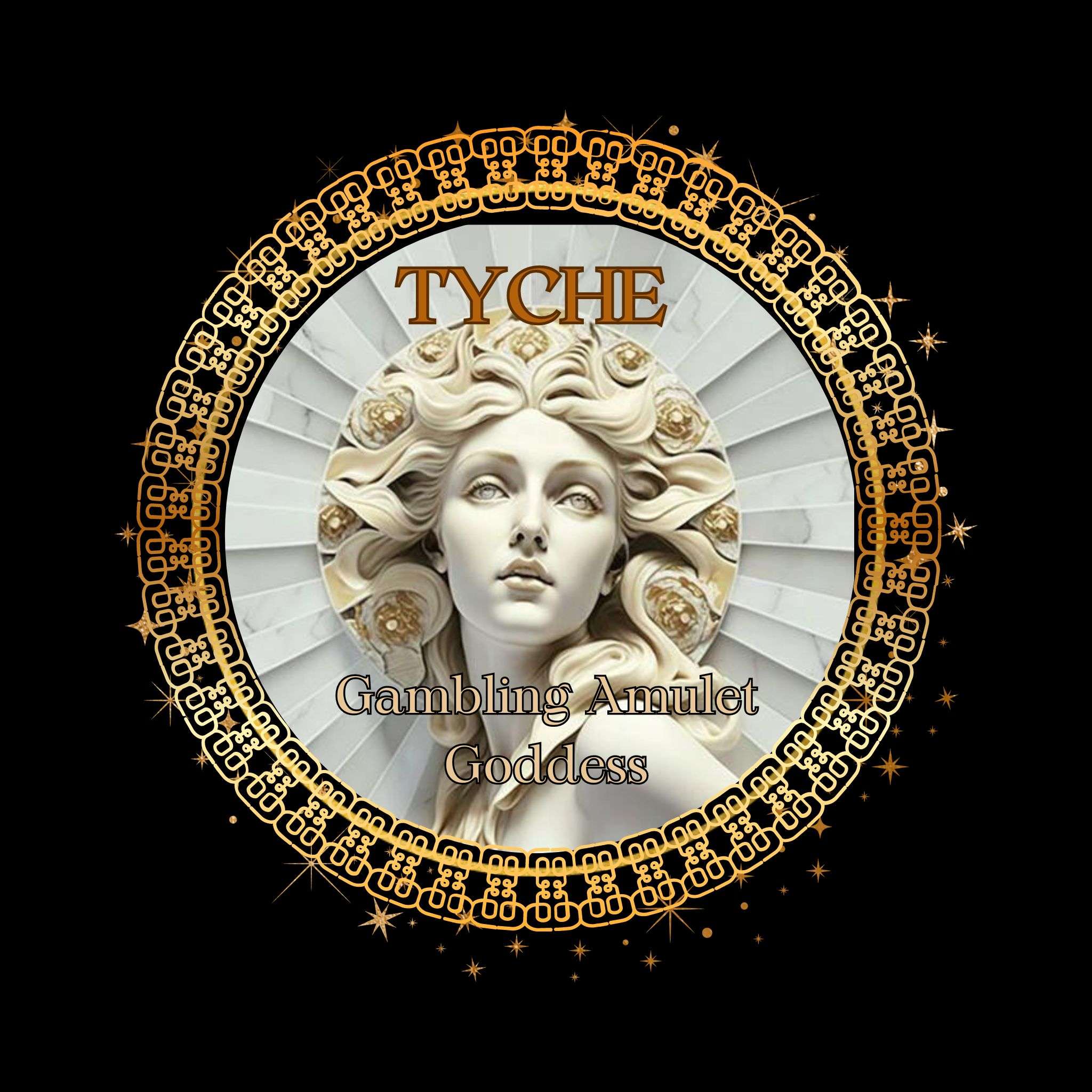
TYCHE
Tyche, one of the revered deities in Greek mythology, was the Goddess of Success, Fortune, Luck, and Prosperity. The ancient Greeks believed she wielded the power to shape the destinies of individuals and entire cities alike, making her a figure of immense importance.
Lebanon’s Lucky Amulets, Charms, and Practices: A Historical Overview and Their Influence on Gambling and Betting
Lebanon, a country with a rich tapestry of history and culture, has a fascinating array of lucky amulets, charms, and practices. These talismans, deeply rooted in ancient traditions and diverse influences, have played a significant role in Lebanese culture, especially in the realms of gambling and betting.
In this article, we explore the intriguing history of Lebanon’s lucky charms, their creation, and their enduring influence on gambling practices both in Lebanon and around the world.
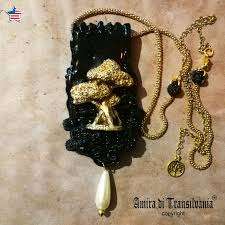
A Short History of Lebanese Lucky Amulets and Charms
Lebanese lucky charms have their origins in a blend of Phoenician, Roman, Byzantine, and Ottoman influences. The ancient Phoenicians, renowned for their maritime prowess, believed in the protective power of amulets and talismans, a practice that continued through subsequent civilizations.
Over the centuries, these charms have evolved, incorporating elements from various cultures and religions, including Christianity and Islam.
Popular Lebanese Lucky Amulets and Charms
The Hamsa (Khamsa)
Origin: Ancient Middle East
Practitioner: Artisans and Common Folk
Effect: Protection against the evil eye and bad luck.
Process: A hand-shaped amulet, often with an eye symbol in the center, made from metal, ceramic, or other materials.
Requirements: Worn as jewelry or hung in homes and businesses.
Cost: Approximately $10 to $50, depending on materials and craftsmanship.
Personal Experience: Many Lebanese people wear the Hamsa to protect against envy and misfortune, reporting a sense of safety and improved luck.
The Nazar (Evil Eye)
Origin: Ancient Phoenician and Greek Traditions
Practitioner: Artisans
Effect: Protection from the evil eye and bad luck.
Process: A blue eye-shaped amulet made from glass or ceramic.
Requirements: Worn as jewelry or hung in homes, cars, and businesses.
Cost: Approximately $5 to $30.
Personal Experience: Individuals often report fewer instances of bad luck and negative influences when carrying a Nazar.
The Cedar Wood Talisman
Origin: Ancient Phoenician Tradition
Practitioner: Common Folk and Artisans
Effect: Protection, strength, and good fortune.
Process: A piece of cedar wood, often carved into various shapes or symbols.
Requirements: Carried as a small charm or kept in homes.
Cost: Approximately $5 to $20.
Personal Experience: Many Lebanese carry cedar wood talismans for protection and strength, especially during travel or important events.
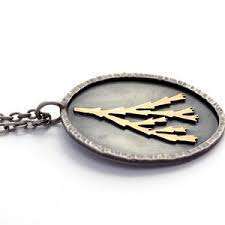
The Hand of Fatima
Origin: Islamic Tradition
Practitioner: Artisans and Common Folk
Effect: Protection against the evil eye and good luck.
Process: Similar to the Hamsa, it is a hand-shaped amulet often adorned with intricate designs.
Requirements: Worn as jewelry or displayed in homes.
Cost: Approximately $10 to $50.
Personal Experience: Wearers of the Hand of Fatima often feel a sense of security and experience fewer misfortunes.
Saint Charbel Medallion
Origin: Christian Tradition
Practitioner: Clergy and Artisans
Effect: Healing, protection, and good fortune.
Process: Medallions or pendants featuring Saint Charbel, a revered Maronite saint known for his miracles.
Requirements: Worn as a necklace or kept in wallets.
Cost: Approximately $10 to $50.
Personal Experience: Many Lebanese Christians attribute healing and miraculous events to carrying a Saint Charbel medallion.
Pomegranate Amulet
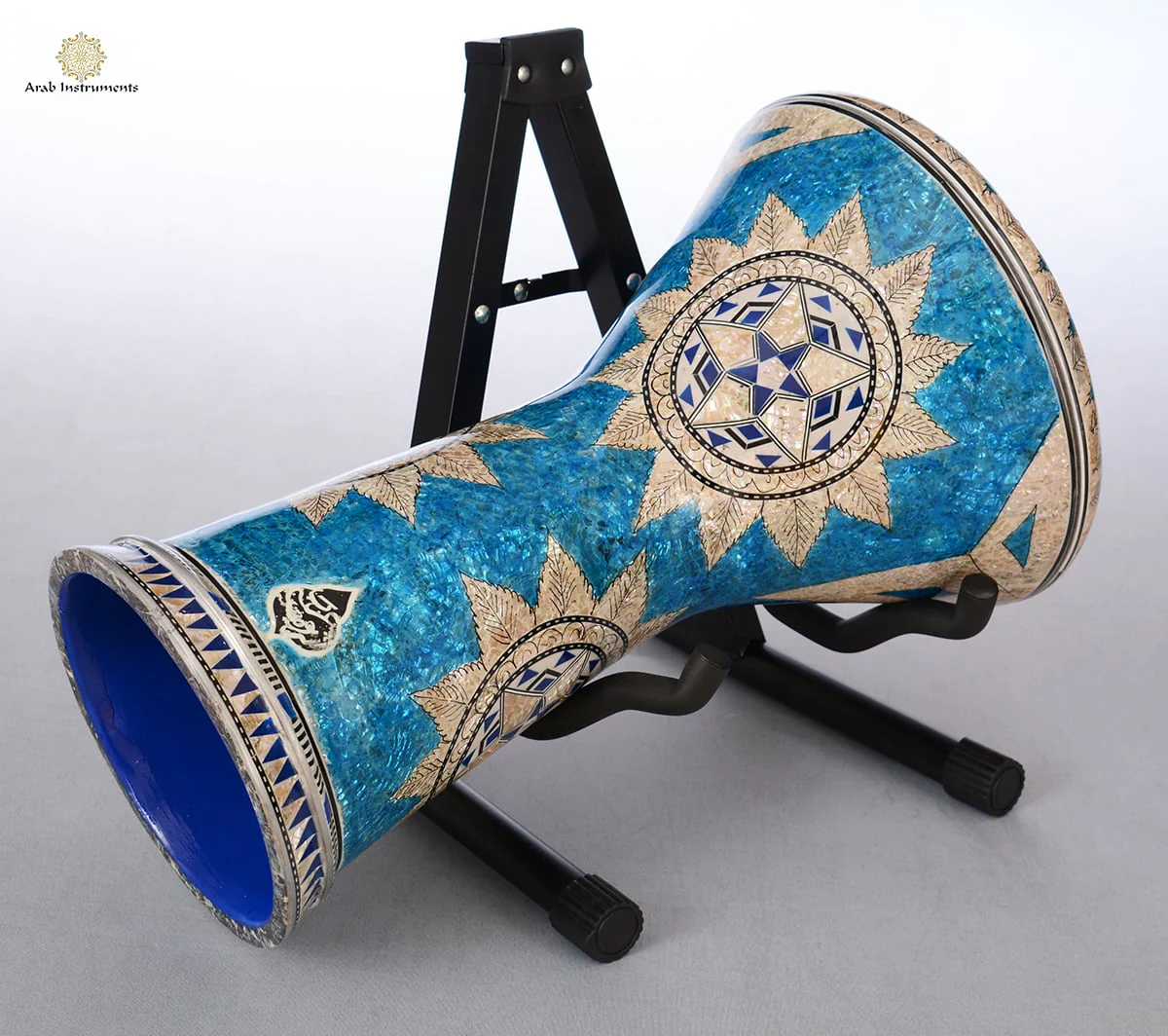
Origin: Ancient Middle Eastern Symbolism
Practitioner: Common Folk
Effect: Fertility, prosperity, and good luck.
Process: Amulets shaped like pomegranates, often made from metal or ceramic.
Requirements: Displayed in homes or carried as small charms.
Cost: Approximately $5 to $30.
Personal Experience: Households with pomegranate amulets often report increased prosperity and family harmony.
Dabke Drum Charm
Origin: Lebanese Folklore
Practitioner: Artisans and Common Folk
Effect: Brings joy, celebration, and good luck.
Process: Miniature drum charms representing the traditional Lebanese dance, Dabke.
Requirements: Carried as keychains or worn as jewelry.
Cost: Approximately $5 to $15.
Personal Experience: Individuals carrying Dabke drum charms often feel uplifted and experience more joyful events.
Olive Wood Cross
Origin: Christian Tradition
Practitioner: Artisans and Clergy
Effect: Protection, blessing, and good fortune.
Process: Crosses carved from olive wood, often blessed by priests.
Requirements: Worn as jewelry or displayed in homes.
Cost: Approximately $10 to $30.
Personal Experience: Many Lebanese Christians report feeling protected and blessed when carrying an olive wood cross.
Phoenician Ship Amulet
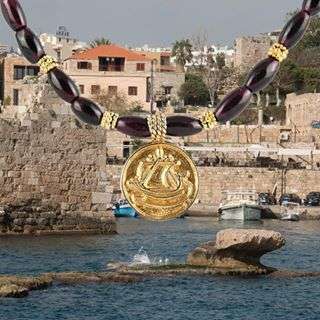
Origin: Ancient Phoenician Tradition
Practitioner: Artisans
Effect: Protection during travel and good fortune in ventures.
Process: Small ship-shaped amulets made from metal or wood.
Requirements: Carried during travel or displayed in homes.
Cost: Approximately $10 to $40.
Personal Experience: Travelers often recount safe journeys and successful ventures when carrying a Phoenician ship amulet.
Beirut Key Charm
Origin: Modern Lebanese Tradition
Practitioner: Artisans and Common Folk
Effect: New beginnings, opportunities, and good luck.
Process: Key-shaped charms symbolizing the city of Beirut.
Requirements: Carried as keychains or worn as jewelry.
Cost: Approximately $5 to $20.
Personal Experience: Individuals carrying Beirut key charms often experience new opportunities and positive changes in their lives.
Influence on Lebanese Gambling and Betting
Lebanese gamblers and bettors often rely on these traditional lucky charms to enhance their fortunes. Whether it’s the protective Hamsa or the prosperity-bringing pomegranate amulet, these talismans offer gamblers a sense of confidence and hope.
Personal Experiences:
- Casinos: Casino-goers in Lebanon frequently bring their lucky charms, such as the Nazar or Hand of Fatima, believing they help turn the odds in their favor.
- Lotteries: Individuals playing the lottery often carry cedar wood talismans or Saint Charbel medallions, convinced these items improve their chances of winning.
- Sports Betting: Sports bettors often keep their lucky amulets, such as the Dabke drum charm or Beirut key charm, close by when placing bets, hoping for successful outcomes.
Influence Beyond Lebanon
The influence of Lebanese lucky charms extends beyond its borders, as these symbols and practices have been embraced by people around the world. The Hamsa and Nazar, for example, are widely recognized and used in various cultures to ward off evil and attract good fortune.
Conclusion
Lebanon’s tradition of lucky amulets, charms, and practices offers a captivating glimpse into the country’s rich cultural and historical heritage. These charms, deeply rooted in folklore and superstition, continue to influence gambling and betting practices both in Lebanon and around the world. Whether through the protective power of the Hamsa or the financial luck of the Saint Charbel medallion, these ancient symbols provide gamblers with hope and confidence in their quest for fortune.
Join me on this exciting journey of self-discovery astrology and empowerment. Click here to explore my latest blog posts and articles, and start your journey towards a life filled with fortune and love today!
Read More:
- PS88 E-Gaming Experience
- Gambling Amulets
- China Philippines South China Sea
- Englands Lucky Charm for UEFA Betting
- Hezbollah in Lebanon using Lucky Charms?
About the Author
I, Tyche, a well-traveled deity expert in feng shui, bazi, qi men, yoga, and meditation, am here to guide you on the path to luck in business, sales, love, gambling, and social media. With my diverse expertise and deep understanding of these ancient practices, I can help you unlock the prosperity and fortune you seek in every aspect of your life.